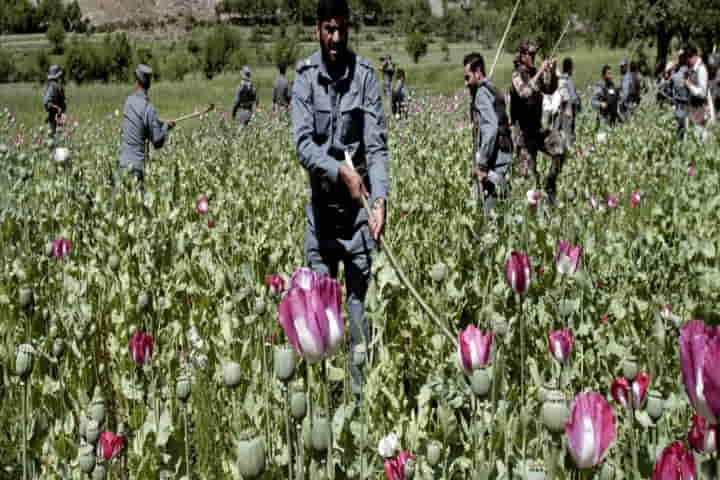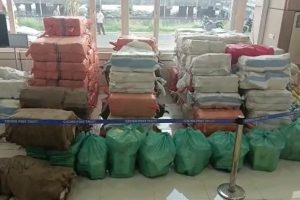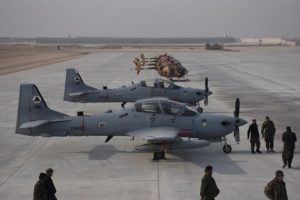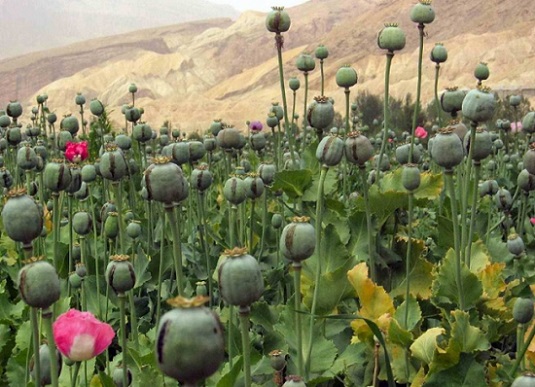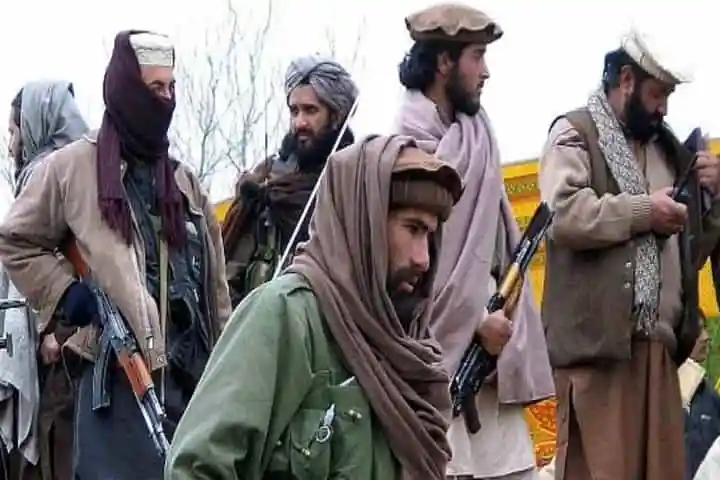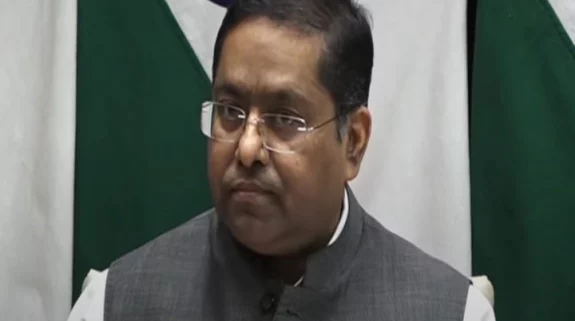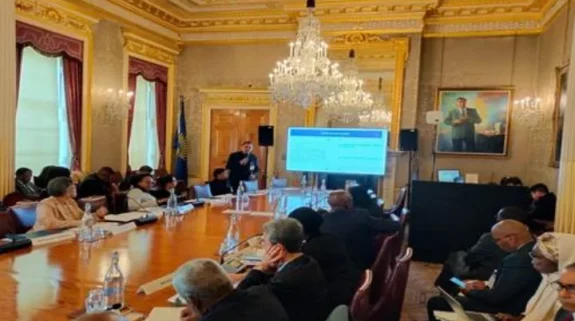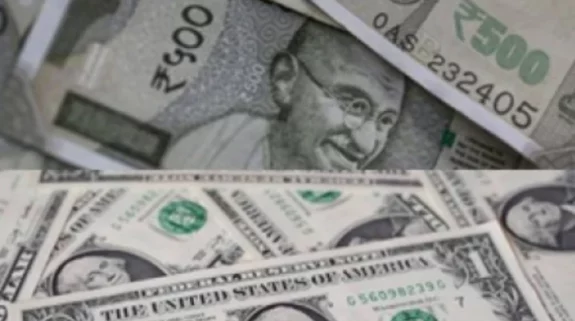Several media reports say that the Taliban administration in Afghanistan has truly reduced poppy cultivation between 2022 and 2023.
Afghan news agency Tolo News reports that satellite imagery shows nearly 80 per cent reduction in poppy cultivation since 2001 in the southern parts of the country.
It quotes drugs expert David Mansfield citing satellite imagery as saying: “In fact, high resolution imagery shows that in the province of Helmand poppy cultivation has fallen from more than 120,000 hectares in 2022 to less than 1,000 hectares in 2023 – a reduction in this one province alone that surpasses any prior national poppy ban in Afghanistan”.
After the decree of Amirul Momineen Hufzaullah, poppy cultivation in Afghanistan has been reduced to zero. pic.twitter.com/7lCXkaTJTc
— احمد سهاک (@islamsahak313) June 8, 2023
The Taliban had banned the growing of poppies in April 2022, declaring that poppy fields would be destroyed and growers penalised according to Sharia laws.
Muzbahuddin Mustaeen, a spokesman for the Ministry of Agriculture and Livestock said that the cultivation of wheat increased by 10 to 40 per cent in the last one year compared to the previous years. Many people have also taken to growing crops like onion, garlic and tomato.
The Afghan government’s Deputy spokesman, Bilal Karimi, said: “It is good that we witness such acknowledgement from these organizations about the improvements made by the Islamic Emirate regarding narcotics across the country”. Afghanistan’s Ministry of Interior has conducted more than 6,000 counter-narcotic operations.
Earlier during the week, the BBC had reported that a Taliban anti-narcotics unit in eastern Nangarhar province of Afghanistan was physically beating the poppy heads with sticks in an effort to destory the crop. It says that satellite analyses has shown the fall in poppy cultivation.
Among other issues like terrorism, the Taliban administration has been under global pressure to ensure that drugs do not flow freely to other parts of the world from the landlocked nation.
Though many farmers have switched over to growing wheat, the earnings are considerably less and many say that they need support. Humanitarian conditions in the country have worsened after the Taliban took over power in August 2021 and the world ostracised the Taliban. A series of natural disasters too have added to the worsening situation in the country.
Before the April 2022 ban on poppy farming came into effect, the production of opium in 2022 had gone up by nearly one-third from the previous year. Illegal opium trade brings in considerable revenue for the Taliban government. The Taliban fighters also depended on the opium trade for funding their armed struggle against the US.
Recently, Russia had offered support to the Taliban to eliminate drugs. Russian officials including Defence Minister Sergei Shoigu have shared concerns that illicit drug production and trafficking from Afghanistan, via Kyrgyzstan and Tajikistan reaches upto Russia.
Russia has also organised large-scale drills against drug trafficking with allies from the Collective Security Treaty Organization (CSTO) in the Central Asian Region (CAR).






